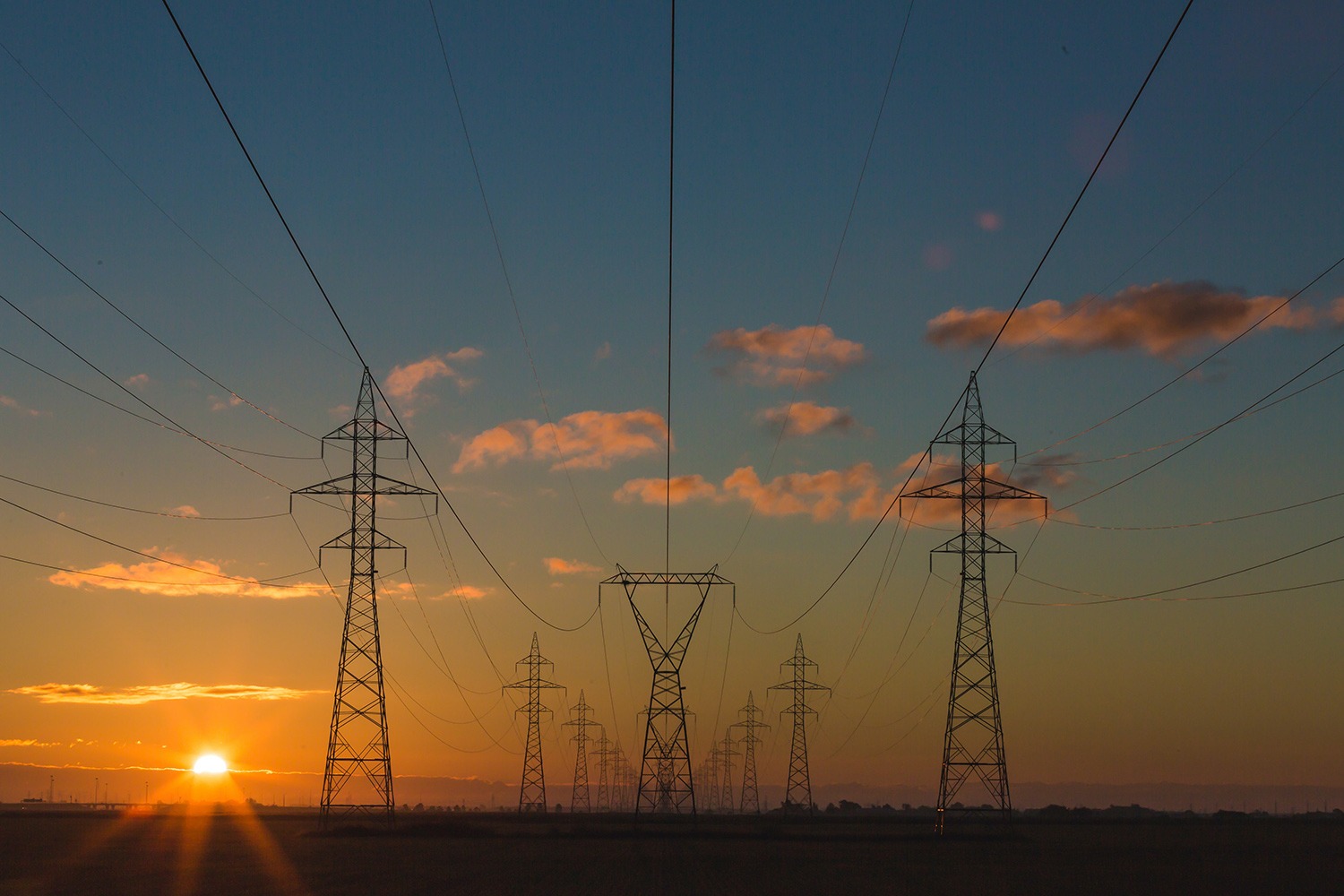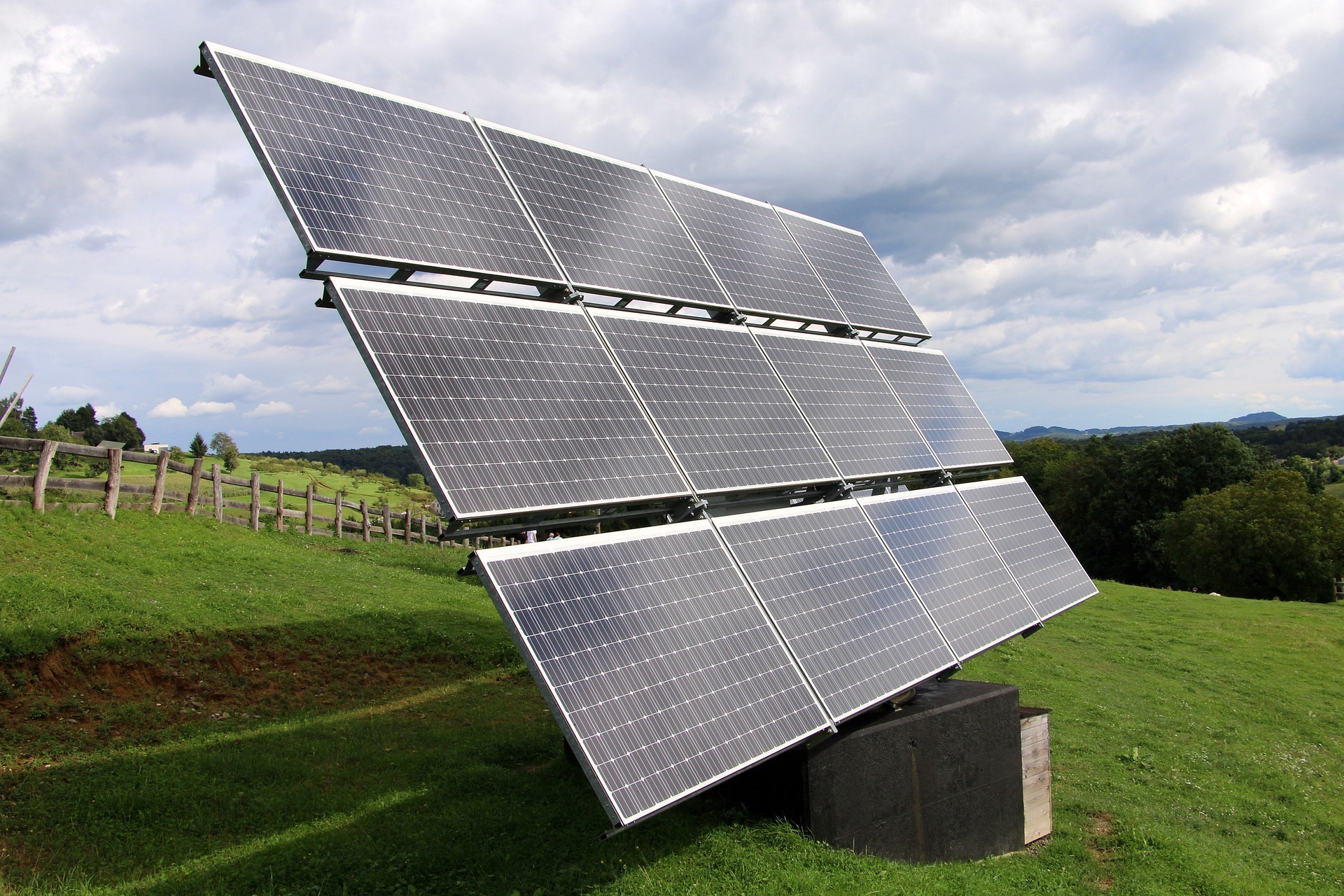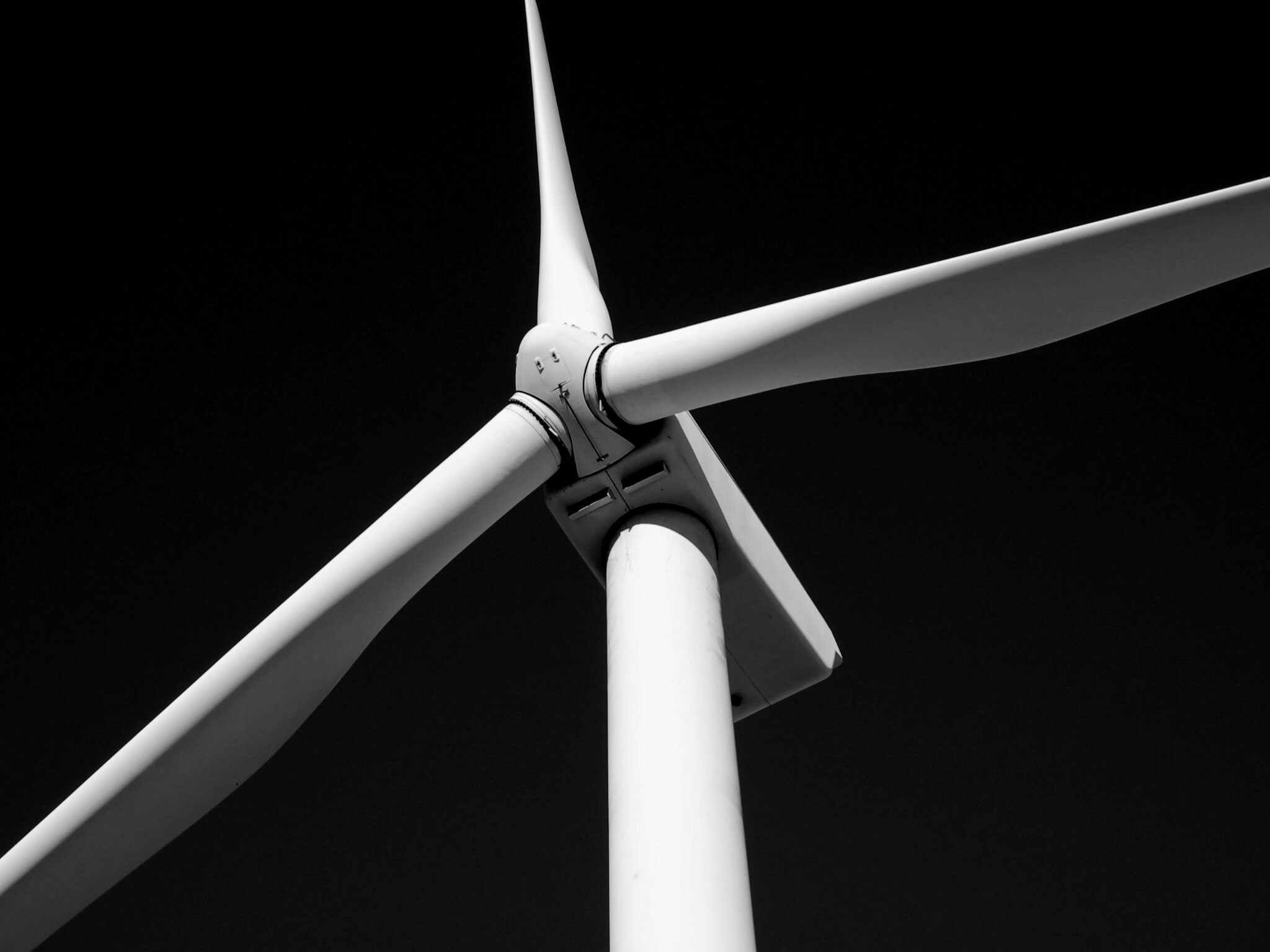Where do EV chargers get their power?
EV chargers are powered by electricity, and for the majority of drivers, that power comes directly from the National Grid.
But more drivers are choosing to rely on renewable energy sources to power their EVs, which is not only better for the environment but also puts less strain on the grid.
The main energy sources for EV chargers

The grid
All EV chargers come with the option to plug straight into the National Grid, drawing power to charge the vehicle. The National Electricity Grid itself draws power from a mix of renewable and non-renewable energy sources.
With a zappi, you can choose how much or how little of the grid’s energy you want to use to charge your EV. The three power modes of the zappi allow you to charge using 100% of the grid’s electricity, a mix of both grid and your own renewable source, such as solar, or use just your own renewable energy.

Solar
Solar power is probably the most well-known of the renewable energy sources, where panels convert sunlight into electricity. From large-scale solar farms, down to domestic roof systems, solar has become one of the popular choices for renewable energy in the country.
Solar leads the way in efficient energy generation, even in cloudy conditions, and with innovative green energy solutions, such as the myenergi zappi, eddi, and libbi working together, it is one of the most cost-effective solutions available.

Wind
Wind turbines are a prominent feature in the UK’s renewable energy landscape, with wind-powered EV chargers tapping into the abundant wind resources of our countryside and offshore.
EV charging stations equipped with wind turbines convert the kinetic energy of the wind into usable power for charging. As wind energy can be unreliable as a constant source of power, the energy can also be stored in batteries or fed back into the grid instead.
Hydro
Hydroelectric power stations harness the energy from flowing water to generate electricity and these can either utilise existing hydro infrastructure or employ smaller-scale setups, like micro hydro turbines in rivers and streams.
Biomass
Biomass refers to organic matter derived from plants and animals. Biomass-powered EV charges utilise the energy generated from burning fuel such as wood pellets, agricultural waste, or dedicated energy crops.
This is a carbon-neutral alternative to our traditional fossil fuels, and more and more biomass plants are appearing as its popularity grows.
Geothermal
Although not as widely implemented as other renewable sources, geothermal energy presents another viable option for EV chargers.
Geothermal power stations tap into the Earth’s natural heat to produce electricity. By harnessing the constant temperature underground, geothermal-powered charging stations can provide a stable and sustainable energy source.

Interested in an EV charger?


